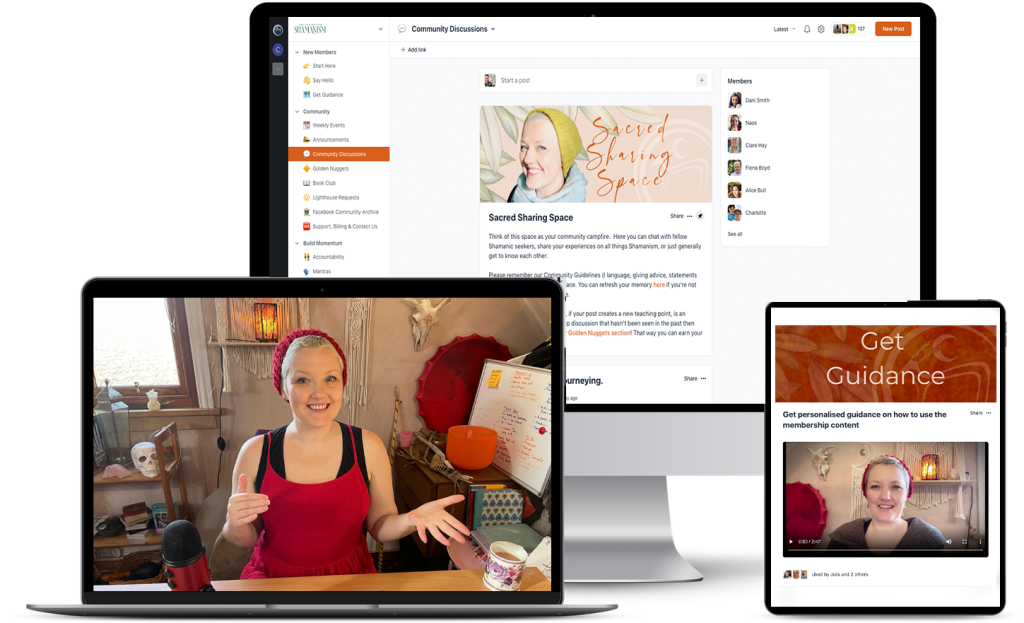© The Centre for Shamanism LTD 2024 | Reg No: SC661480 | VAT reg No: GB412028350 | Privacy Policy | Terms, Conditions & Refund Policy
Company address: Cantsmill Farm Cottage, Kirriemuir, Scotland, UK, DD85NE
Contact support: theteam@centreforshamanism.com

